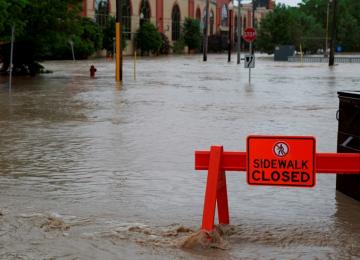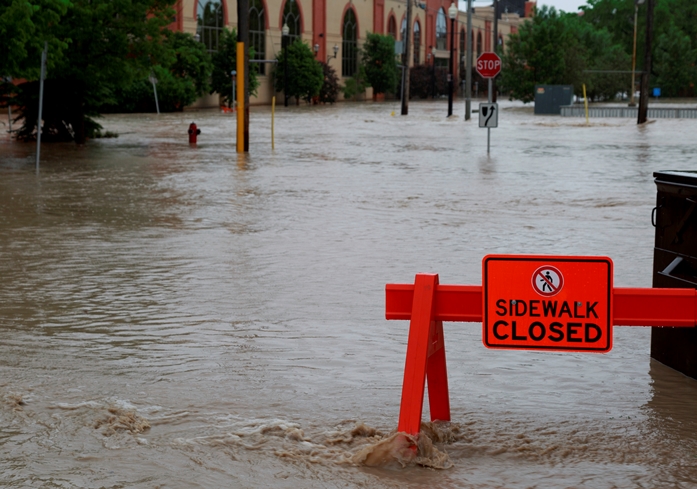
Two upcoming courses offered by Engineers Canada will educate engineers on the legal implications and on asset management issues associated with their practice in the context of a changing climate.

 Two upcoming courses offered by Engineers Canada will educate engineers on the legal implications and on asset management issues associated with their practice in the context of a changing climate.
Two upcoming courses offered by Engineers Canada will educate engineers on the legal implications and on asset management issues associated with their practice in the context of a changing climate.
Both are required courses for engineers wishing to pursue Engineers Canada’s Infrastructure Resilience Professional (IRP) designation. This certification provides an additional level of qualification and recognition for a professional engineer to oversee and perform climate risk and vulnerability assessment and assure than an infrastructure design has properly taken extreme weather and future climate into account.
The courses may also be taken as continuing professional development.
Asset Management for Engineers
June 6-22, 2017
Online
This online, professional development short course will educate engineers on asset management and the challenges faced by the core physical infrastructure systems municipalities own and operate, including potable water systems, waste and storm water collection and treatment, roads and sidewalks, bridges and overpasses.
Understanding the Changing Legal Climate: Canadian Climate Law for Engineers
June 6 and 7, 2017
Vancouver, B.C.
Engineers have a professional duty to protect human health, safety and welfare and as such are subject to legal responsibilities and potential liability relating to climate impacts and associated damages on Canada’s infrastructure. As Canada’s climate continues to change, legal duties and standards of care are evolving to the point where relying on outdated standards and processes could be considered negligent. This two-day professional development short course will educate engineers on climate change law issues and the associated implications on their practice.


